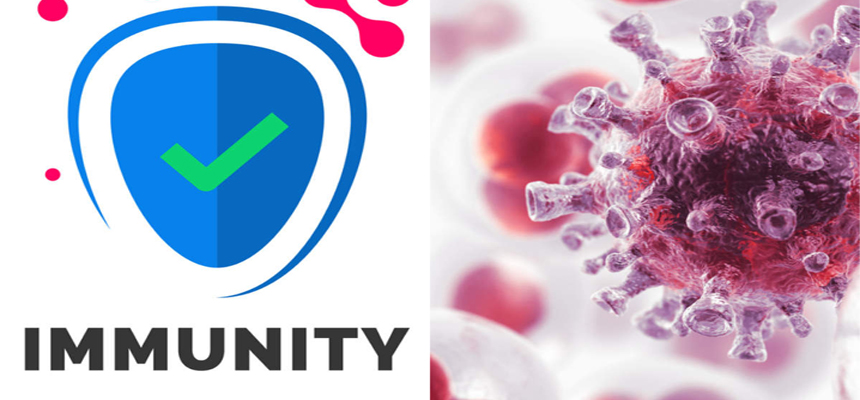Important Tips to help you Cope Anxiety through COVID 19

This is an uncertain time for adults, teenagers and children. Fear and anxiety has impacted them all. Anxiety is a normal reaction to pandemic, and it may harm us. Feeling stressed and fearful every day takes a toll on our health and mental well-being. Ms.Sneha George, Counselling Psychologist, Fortis Malar Hospital shares the much-needed tips for our complete well-being.
.jpg) Tips to manage mental wellbeing during COVID-19
Tips to manage mental wellbeing during COVID-19
- Take care of yourself: Eat healthy, exercise regularly, get enough sleep, and make time for indoor hobbies.
- Stay connected: Isolating yourself from others, such as staying home from school or working from home for longer periods of time, can affect your mood. Find ways to connect with people you care about in other ways. If you can't see someone in person, you can still reach out by phone, text, or video call.
- Help others if you can: Giving to others in times of need not only helps the recipient, it enhances your wellbeing too. Ask friends, family members or neighbours if they need anything, such as groceries or other household needs. Simply checking in regularly by phone, text, or video call can make a big difference.
- Take in only the necessary: It is important to be informed, but constantly checking for updates or reading sensationalized stories can really take a toll on your mental health. Stick to trusted, verified news sources and limit yourself if social media or news stories increase your anxiety.
- Lend your ears for a fixed period: Some people find it helpful to talk through anxiety-provoking situations like coronavirus and the COVID-19 illness, but others may find that conversations make their anxiety worse. If you need to limit conversations, it is okay to tell family, friends, and co-workers that you can't participate.
- Practice self-care activities: Activities like art, yoga, or exercise help increase mental health, make sure you have supplies or equipment on hand. If you live alone, consider a plan to check in regularly (just not face-to-face) with a friend, family member, or neighbour.
- Change your Perspective – try to see this time as unique and different, not necessarily bad, even if it is something you didn’t necessarily choose. Try to see this as a new and unusual period that might even have some benefits.
- Stay connected with your values. Don’t let fear or anxiety drive your interactions with others. Remember that we are all in this together and that it is important to help each other without discrimination, blame and stigma stopping us.
- Daily routine – create a routine that prioritises things you enjoy and even things you have been meaning to do but haven’t had enough time. Read that book, watch that show, and take up a new hobby.
- Get creative: It’s important for people to get creative with how they interact, here are some ways:
- Set up a gratitude tree –Every member should post a message or send a text to other members to share something, they are grateful for.
- Find a buddy, or a group, to set daily challenges with. These could include a healthy habit, a mindful practice or even a creative pursuit. Be sure to encourage and check in daily to stay motivated.
- Set dates and times to watch the same TV shows/movies: Set dates to watch the same shows with someone and message each other your thoughts along the way.
Book Appointmnt: Ms.Sneha George, Counselling Psychologist, Fortis Malar Hospital

 Disclaimer: Welthi.com does not guarantee any specific results as a result of the procedures mentioned here, and the results may vary from person to person.
Disclaimer: Welthi.com does not guarantee any specific results as a result of the procedures mentioned here, and the results may vary from person to person.









